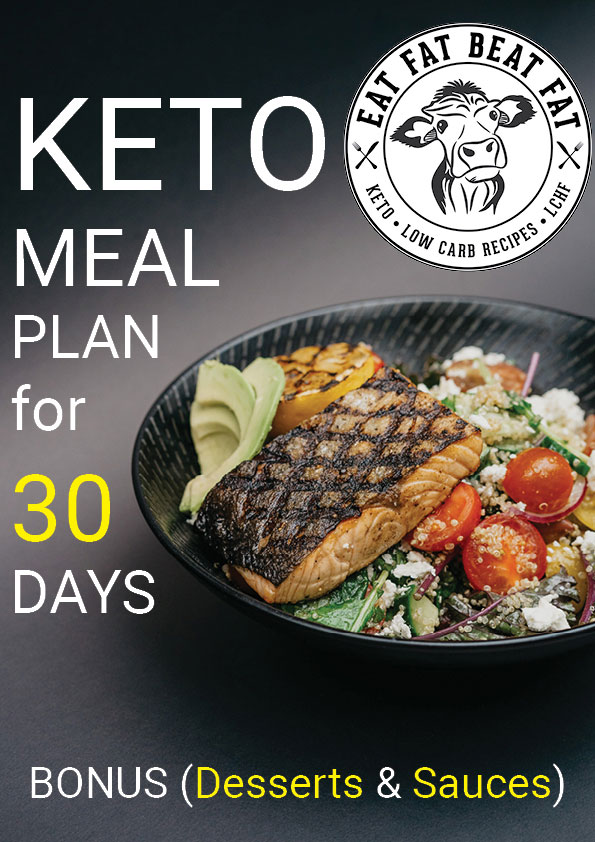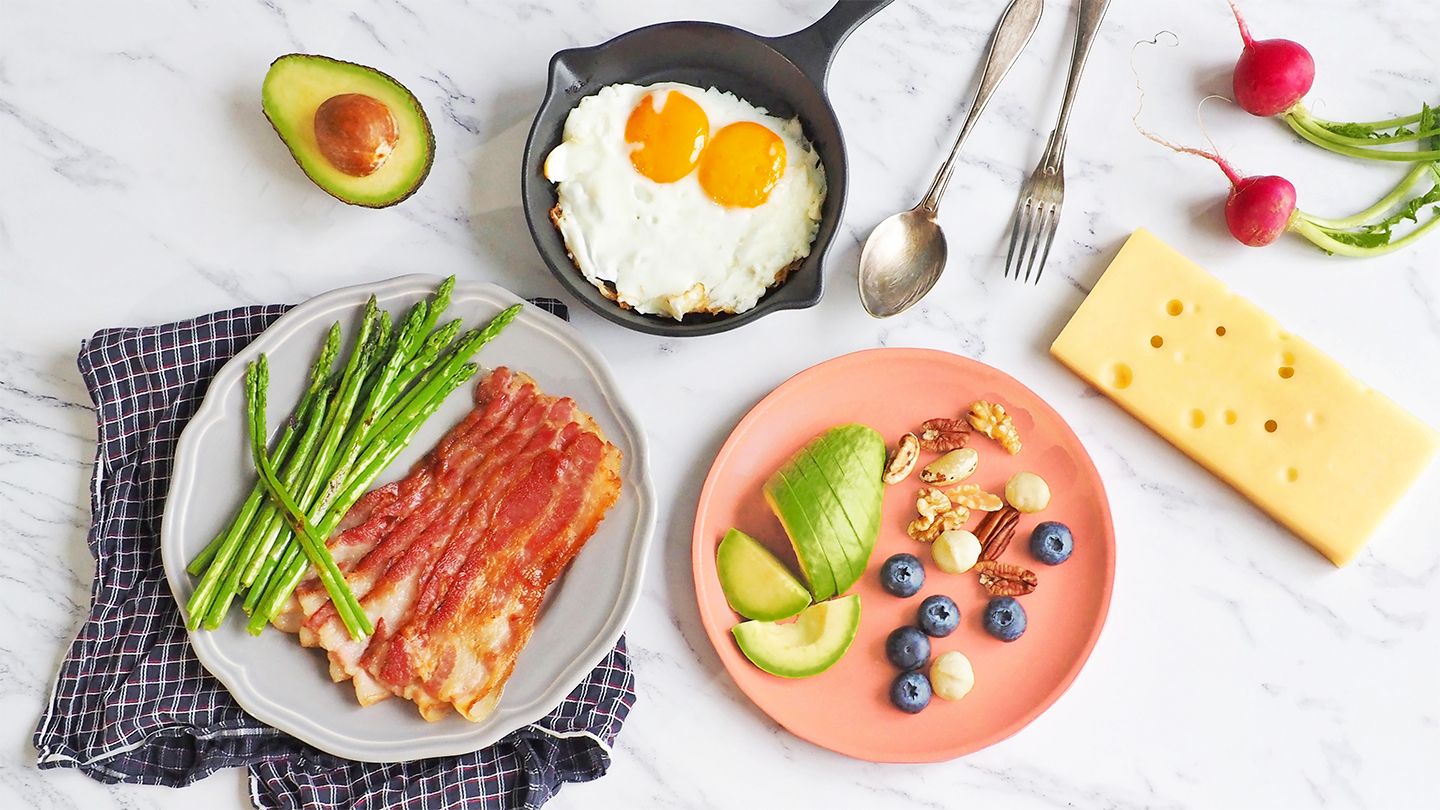You can trust that this program will aid in your weight loss and give you the resources you need to feel your best. However, it won’t make you say things like, “I start the new diet on Monday,” or “I don’t trust myself around chocolate when I’m dieting.” You will instead be saying things like, “No, thanks, cake doesn’t make me feel good,” and “Whoa, did I just go a whole afternoon without thinking about food?” It’s not about cutting calories and fat, which makes you feel like a binge-fest is just around the corner, increases cravings, restricts your food options, causes cognitive fog, and other negative effects.
I don’t want to participate in the traditional way to dieting, which is constricting, humiliating, and limiting. Let’s rethink our diets and reclaim our lives, right? I want to develop a diet that is centered on self-love, respect, and health-promoting objectives rather than the standard binge/restrict/self-loathe/repeat cycle of dieting.
You’ve certainly read plenty of spiels along the lines of, “I followed the diet for four weeks, lost fifty pounds, and now I’m the happiest woman in the world. My spouse is utterly smitten with me, my kids love being around me, and all of my friends want to be me.
I’ve got some good news for you people enjoy being around you because of your kindness. Your partner adores your self-assurance, your wild side, and the way you treat your kids. Your children adore you because they see you as their hero and believe you to be perfect. When people claim that “losing weight changed my life,” they frequently mean that their perspective of themselves changed, which affects how they interact with others. Of course, there’s a chance that you’ll be able to take a trek for the first time if you lose weight, and that’s pretty awesome. I wish to support you in achieving your goals.
However, I guess you’re reading this article because you want to reduce weight and think your life will improve in every aspect if you succeed. Years passed before I realized that I am not my weight. That regardless of my weight, I can accomplish everything I put my mind to. And that, in a lot of cases, what prevents us from living the life we want is our own view of our physical selves and our limitations. We are the ones holding ourselves back, not the weight.
On the other hand, I completely appreciate your perspective. Perhaps as you read the last sentence, you thought, “This woman is nuts. My weight is a problem, of course. And I understand. During that awful hormone replacement therapy experience, I put on twenty pounds, and I, too, felt the weight did not belong on my body. And I was willing to take whatever measure to remove it.
What if I, however, told you that shedding pounds and improving your health don’t have to be a struggle? What if I told you that you could be happy with your body right now, have confidence in it, love the people in your life, pursue your interests, and lose weight at the same time?
If you try the keto diet and give dietary fat a chance, you’ll not only lose weight but also feel better mentally. And things function a little differently when your brain is feeling better. Your outlook and decision-making skills improve, the brain fog dissipates, and you finally have clear vision. This really does exist; I’m not joking. The brain enjoys fat. And currently, it’s probably not receiving enough of it for it to function correctly, which is having an impact on how you view your life. It may sound a little hocus pocus, but I assure you that it wouldn’t if you were eating a high-fat diet.
I understand if talking about “relationship with food” and emotional eating isn’t your thing. If all you want to do is get healthier, possibly lose some weight, and start feeling better, that’s fine; everything I discuss in this book will support you in that endeavor.
But I’d be happy to assist if you want to break the never-ending cycle of diet after diet, cheats, and guilt. The Keto Diet emphasizes personalizing your food choices and eating in a way that feels good in your body so that you can reach health and hotness without going crazy in the process. And in my opinion, this is what a “diet” actually is or ought to be.
Your body seeks wellness. You wouldn’t put on 300 pounds in a matter of months if it were up to your body. Your alter ego you along with a bunch of media-instilled expectations of what your body should look like, mixed with a dose of dieting rules, a splash of emotion deflection, and bam! the perfect recipe for not trusting yourself, binge eating at night, and feeling like you can’t control yourself around food are the ones making the imbalanced choices that you can’t control.
You’ll be prompted to pay attention to your body and discover what it wants on the other articles that follow. At first, this could seem rather absurd; I know that when I initially started working through this, I believed all my body desired were licorice and potato chips. It turns out, though, that my body desires health and is incredibly aware of my ideal weight. Now once I eat, I feel satisfied and don’t give it any thought. By tuning into what your body wants and needs, you may do the same and reduce your weight to a realistic level.
I want to assist you in living the hot-damn fantastic life that you have always imagined. And if daily mayo dunks of bacon are part of your existence, you’ve come to the correct place.
Two out of every five women are thought to constantly diet. I don’t wish to belong to that group. While my spouse waits for me to decide what to have at a restaurant in the South of France, I don’t want to use a calorie-counting app. My little sister’s wedding cake exceeds the daily carb limit, but I don’t want to skip it. For fear of becoming chocolate-crazy and eating all the chocolate, I don’t want to miss out on a night spent roasting s’mores by the fire. I don’t want to be on a diet and miss out on life.
I started eating ketogenically from a place of limitation initially. I kept track of my food restrictions, measured calories, and weighed myself two to three times a day. I avoided social situations, avoided seeing friends, and always worried about my diet. It wasn’t enjoyable to live this way, if you could even call it living. I was immediately overtaken by the incredible freedom of living a high-fat lifestyle as I left the constricting attitude outside on the porch.
But the limited perspective has been ingrained in our minds since we were young, and it can be difficult to overcome. From a young age, television instills in us the belief that our bodies are unreliable and that we must exert control over them in order to look good, feel great, and be worthy of love. Do you recall the 1980s Special K advertisement that boasted, “Thanks to the K, you can’t pinch an inch”? Or the Diet Pepsi commercial in which the line “Now you see it, now you don’t” was used in regard to body fat?
Think back to a period when you still had 150 calories left in your daily allocation if you’re a tracking fiend like I was. You ate even though you weren’t hungry because you were afraid that if you didn’t, you’d be hungry the next day and wouldn’t have the extra 150 calories because “calories don’t carry over like that.” Additionally, you had planned to have a chocolate mug cake and it would be a shame to skip out on it, and if you didn’t eat said mug cake, you wouldn’t “hit your macros.” Additionally, the activities you performed that day required the allocated calories.
Let’s think back to a period when you indulged in a handful of nuts at your desk at 4 p.m. and still managed to meet your calorie goal. Because there were still five hours till bedtime, you regretted eating those nuts as you drove home. Hunger. I’m so hungry. You were planning activities to keep you busy until bedtime for the remainder of the drive home so that you wouldn’t overeat and go over your calorie or macro budget.
I’m not sure about you, but I wasn’t content when I was residing in this compulsive place of continuous tracking. I actually felt awful. But I was unsure of how to get out. I didn’t even realize there was a route out, to be honest.
There are some telltale symptoms that your life is being ruled by a dieting mentality:
You keep tabs on every calorie that enters your body and ensure that it will help you reach your objectives.
You experience frequent gas and are unable to identify the offending dish.
Eating scenarios make you anxious. When you go out to dinner with friends, you should research the menu and prepare your server’s questions in advance. Conversations about an event make you defensive, uneasy, or prone to last-minute cancellations.
Your cycle is awry; you’re skipping periods, experiencing insane PMS, etc.
You discover that you speak about diets, eating habits, and weight regularly.
If you think you might miss a workout, you become nervous.
If anything about this seems all too familiar, I implore you to: First, learn to listen to your body and to keep an open mind. Second, give yourself some alone time so you can pay attention to your body.
Here is where self-care is important. You guessed it: taking care of yourself is the practice of self-care. But it’s more than just taking a shower and styling your hair. It involves genuinely taking care of yourself through deliberate acts that attend to your physical, mental, and emotional needs. It’s what I like to refer to as “me time.” Taking an evening bath, going for a walk, taking the time to prepare supper, stretching before bed, and getting a massage are a few of my physical self-care rituals. Journaling, meditation, and solving difficult Sudoku problems are a few of my mental self-care routines. Getting rid of toxic people from my life, having in-depth conversations with my husband, dancing with friends, and working with a business coach are some of my practices for emotional health.
You’re next! What are a few things or maybe just one thing that you can start doing every day to improve your mood? Self-care doesn’t have to take up much time; simply five minutes is a terrific place to start.
You may connect to what your body genuinely wants by building a self-care routine and adopting a ketogenic diet, which will sharpen your mind and increase your focus and awareness. Imagine being able to eat what and how much you want without having to limit your diet, track your calorie intake, or spend a fortune to get the body and health you’ve always desired.



